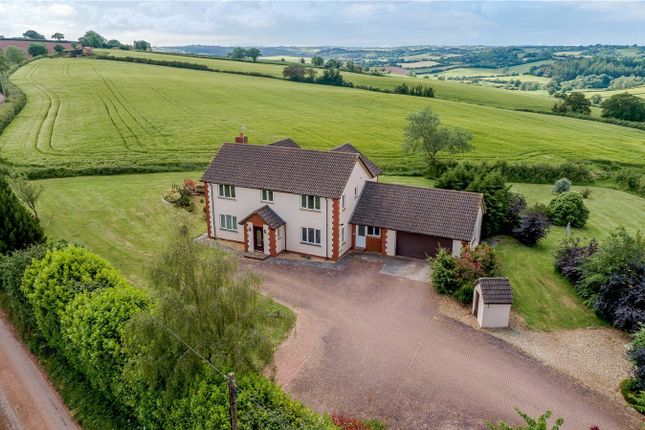farms for sale – Buying a farm is not just about owning land; it’s about investing in the future, embracing the agricultural lifestyle, and potentially securing long-term financial rewards. This guide covers everything you need to know about buying a farm, from understanding the types of farms to assessing the financial and operational aspects.

Why Buy a Farm?
There are many reasons why people consider buying farms for sale. For some, it’s the allure of rural living, a return to nature, and the satisfaction of growing food and raising animals. For others, it’s the financial potential—agriculture has been a longstanding source of wealth and investment.
- Sustainable Lifestyle: Owning a farm allows you to grow your own food, reduce your carbon footprint, and live a more self-sufficient life.
- Income Potential: A farm can generate income through crop production, livestock, organic farming, or even agritourism.
- Long-Term Investment: Agricultural land typically appreciates over time, especially in areas with limited land availability or rising demand for food and resources.
- Diversification: A farm can serve as an effective portfolio diversification tool, balancing investments in stocks, bonds, and other assets.
Types of Farms for Sale
farms for sale – When you’re in the market for a farm, understanding the types of farms for sale is essential. Farms can vary greatly depending on location, size, and the kind of agriculture they support. Some common types include:
- Crop Farms: These are farms primarily used to grow crops like corn, wheat, soybeans, or fruits and vegetables. They are typically located in fertile agricultural regions.
- Livestock Farms: These farms raise animals such as cattle, poultry, sheep, or goats. Livestock farming can range from small-scale operations to large industrial farms.
- Dairy Farms: These are specialized farms where milk-producing animals, usually cows, are raised. Dairy farms require specific facilities and infrastructure.
- Organic Farms: With growing demand for organic produce, many buyers are looking for organic farms for sale. These farms typically avoid synthetic pesticides and fertilizers.
- Equestrian Farms: If you’re interested in raising horses, an equestrian farm provides the ideal space for stables, riding arenas, and grazing pastures.
- Agri-tourism Farms: These farms combine agriculture with tourism. Visitors can stay on the farm, participate in activities like harvesting, and experience farm life firsthand.
Key Factors to Consider When Buying a Farm
Purchasing a farm requires careful planning and research. Here are some key considerations when searching for farms for sale:
1. Location
Location is everything. The climate, soil type, and water availability are crucial factors that can make or break a farming operation. Consider whether the region is prone to droughts, floods, or other weather events. Proximity to markets or agricultural hubs is also important.
2. Size of the Farm
The size of the farm should align with your goals. Small hobby farms require less investment but can also generate less income. Larger farms offer more potential for revenue but come with higher operational costs and management complexity.
3. Water Sources
A reliable water source is vital for any farm. Check for available irrigation systems, wells, or nearby rivers and streams. Water rights and access are particularly important in areas where water is scarce.
4. Soil Health
Healthy soil is the foundation of a successful farm. Soil testing and analysis will help you understand its fertility, drainage, and suitability for different crops or livestock.
5. Infrastructure
Assess the infrastructure available on the farm. This includes barns, silos, fencing, farmhouses, irrigation systems, and equipment. Older farms may have structures that need significant repairs or upgrades.
6. Zoning and Regulations
Each region has its own set of zoning laws and regulations regarding farming operations. Ensure the property is zoned appropriately for your intended use, whether it’s crop farming, livestock operations, or agritourism.
7. Financial Feasibility
Before making an offer, conduct a thorough financial analysis. This includes understanding the land price, potential operational costs (seeds, equipment, labor), and expected revenue. Consider whether the farm will generate enough income to cover these expenses and provide a profit.
How to Find Farms for Sale
There are several ways to find farms for sale, including:
- Real Estate Listings: Many real estate websites specialize in agricultural properties. Websites like Zillow, Realtor.com, and LandWatch allow you to filter properties by size, type, and location.
- Agricultural Auctions: In some areas, farms are sold at public auctions. Auctions can offer good deals, but they may also come with additional risks.
- Local Brokers: Real estate agents specializing in agricultural properties can be a valuable resource, helping you find farms that aren’t publicly listed or providing guidance throughout the buying process.
- Agricultural Websites: There are websites dedicated to listing farms and ranches for sale, such as Farms.com and Farm Real Estate.
Financing Your Farm Purchase
Financing a farm purchase is often more complex than buying a home. Traditional mortgage loans may not be available for agricultural properties, or they may come with stricter requirements. Some financing options include:
- Farm Loans: Government-backed farm loans, like those from the USDA, can be used for purchasing farms or improving agricultural infrastructure.
- Conventional Loans: If you have significant assets or capital, you may qualify for a conventional loan from a bank or private lender.
- Seller Financing: In some cases, the current owner may offer seller financing, allowing you to bypass traditional lending institutions.


Pingback: Vary Investment Styles